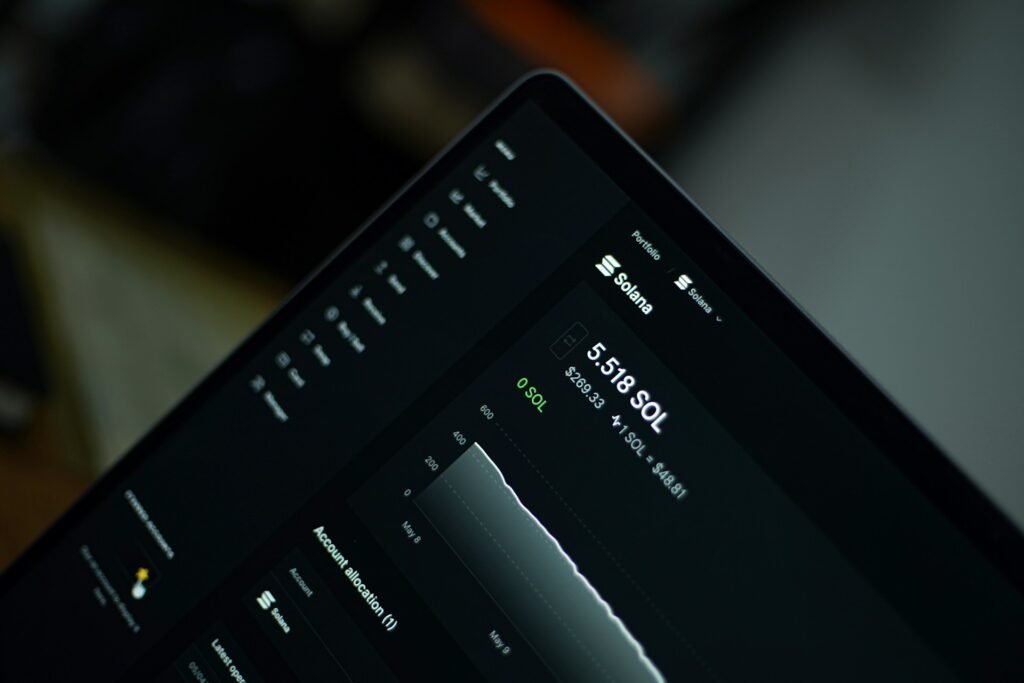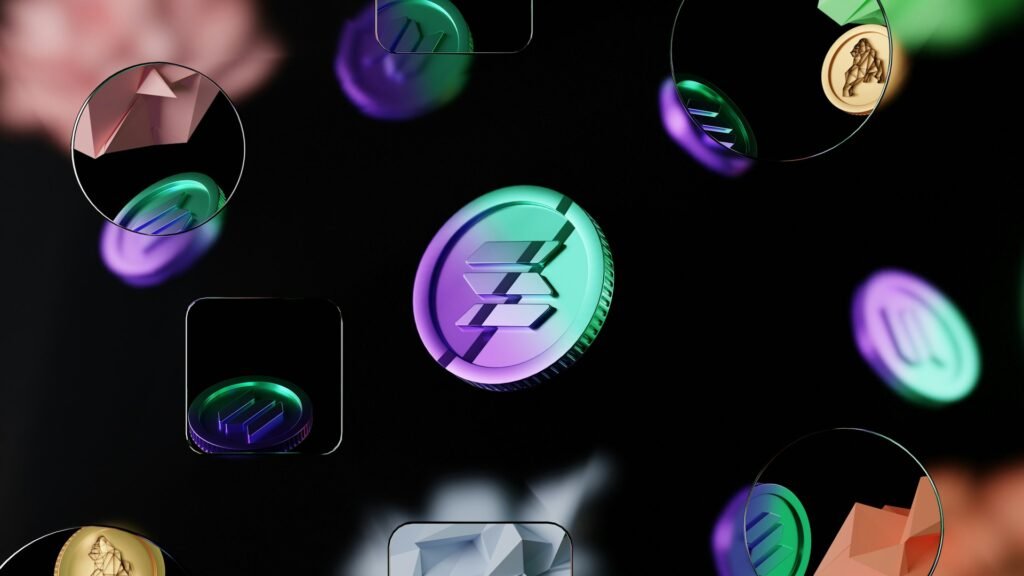
Introduction
Solana has emerged as a next-gen Layer‑1 blockchain, gaining attention for its remarkable speed, low fees, and growing ecosystem. Yet it’s more than tech—it’s becoming a strategic catalyst for Africa’s fintech future.
What Is Solana & $SOL?
Founded in 2020 by Anatoly Yakovenko and Raj Gokal under the Solana Foundation, Solana is a high-performance, open‑source blockchain supporting smart contracts and decentralized apps (dApps) utorg.pro+14thecurrencyanalytics.com+14web3africa.news+14fintechmagazine.africa+5cointelegraph.com+5techpression.com+5okx.cominvestopedia.com+2en.wikipedia.org+2utorg.pro+2. Its native token, SOL, soared in market cap—reaching over $75 billion during its 2021 surge coingecko.com+3coinspeaker.com+3investopedia.com+3. Investors often compare it to Ethereum, noting substantially faster transaction speeds and far lower fees investopedia.com+1investopedia.com+1.
How Solana Works
Solana uses a hybrid consensus of Proof‑of‑History (PoH) and Proof‑of‑Stake (PoS). PoH timestamps transactions to reduce coordination delays, while PoS secures the network and validates blocks . This architecture allows it to process thousands of transactions per second—up to 65,000 TPS in testing, with real peaks around 1,500 TPS transak.com. The result: ultra‑fast confirmations at minimal cost.
The Growing Ecosystem
Solana supports a diverse ecosystem, from DeFi and NFT marketplaces to innovative tokenized assets fintechmagazine.africa+4asaaseradio.com+4thevaultznews.com+4101blockchains.com+2coingecko.com+2coininsider.com+2. It hosts:
- Stablecoins like USDC and USDT that expanded into the network in 2020 infiniteblocktech.com+1okx.com+1
- Innovative dApps enabling finance, gaming, marketplaces
- Institutional tokenization partners, such as the R3–Solana deal that brings major banks on board ft.com+1cryptonewsland.com+1
Challenges & Resilience
Despite its speed, Solana has faced growing pains: occasional network outages, a wallet hack, and legal scrutiny over token sales and securities laws . Still, its continued developer interest and real‑world adoption show strong resilience.
Solana & Africa: A New Frontier
Solana is gaining traction across Africa, and not just among tech insiders:
- Ghana’s President John Dramani Mahama called SOL a “game‑changer” for financial inclusion and fintech development, citing its cheap, fast transactions as ideal for unbanked populations techpression.com+3cryptopolitan.com+3cointrust.com+3cointrust.com+4asaaseradio.com+4altcoinsanalysis.com+4.
- He emphasized that low‑fee blockchains like Solana could reshape payments and banking for the continent’s 60% unbanked populace fintechmagazine.africa+2nairametrics.com+2asaaseradio.com+2.
- Nigeria’s Solana AllStars and other community groups are actively promoting education and adoption—moving the conversation from speculation to real-world utility cointelegraph.com.
These developments signal Solana’s potential to empower fintech startups, cross‑border payments, agriculture financing, and African digital innovation.
Recent Momentum & Institutional Trust
Institutional faith in Solana is rising:
- Hedge funds are allocating millions to Solana alongside other top-tier blockchains nairametrics.com+14fintechmagazine.africa+14asaaseradio.com+14investopedia.com+8coinspeaker.com+8coininsider.com+8.
- R3, backed by major global banks, chose Solana for tokenizing stocks and bonds—indicating trust in its ability to support institutional-grade financial infrastructure ft.com.
Conclusion / Final Thoughts
Solana is much more than a fast blockchain—it’s a movement gaining traction in Africa’s evolving digital economy. With presidential endorsements, growing developer activity, and institutional weight, Solana stands poised to reshape the continent’s fintech future.
For Nigeria to Ghana, mobile to blockchain-based solutions, Solana offers practical, scalable answers to Africa’s financial challenges.
At Light House Streak, we streak the lines
